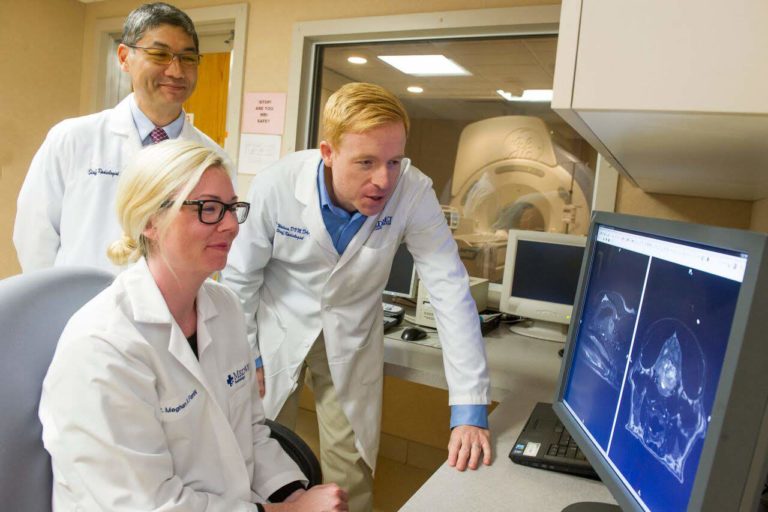
Clients often ask us the question “What is a Veterinary Resident”? A veterinary resident is a licensed veterinarian. This means they have graduated from an accredited veterinary school, successfully passed state and national examinations, and have chosen to enter an optional training program following their veterinary education.
Rest-assured that veterinary residents are qualified to treat your pet with knowledgeable and compassionate care.
A veterinary residency is generally a three-year program designed to provide veterinarians supervised clinical experience, training, and educational opportunities to further their knowledge and qualify them for board certification.
Most veterinary residents have already completed a yearlong general internship that provided supervision and experience in both medicine and surgery. In addition, some veterinary residents have also completed a second yearlong specialty internship focused on their area of interest.
Residents are carefully supervised by veterinarians who are board-certified in the specialties that correspond to their area of study. There are very specific and strict requirements regarding their supervision, training, and experience.
Veterinary residencies focus on a single specialty such as:
- Anesthesia and Analgesia
- Avian and Exotics Medicine
- Cardiology
- Critical Care
- Dentistry and Oral Surgery
- Dermatology
- Emergency Medicine
- Internal Medicine
- Neurology and Neurosurgery
- Medical Oncology
- Ophthalmology
- Radiation Oncology
- Radiology
- Surgery
Some residency programs can be combined with additional academic degrees such as a Masters of Science or a Doctor of Philosophy (Ph.D.).
Veterinary residencies are competitive and only the best veterinarians are selected. Additionally, only approved veterinary hospitals with the highest standards qualify to work with residents. The American Association of Veterinary Clinicians sponsors a “Matching Program” called the Veterinary Internship and Residency Matching Program (VIRMP) which coordinates the selection of residents for participating veterinary schools, colleges, institutions, and private practices.
Residents are required to participate and present in journal clubs, daily clinical rounds, formal rounds, receive and manage emergency cases, manage medical and surgical cases, and interact and consult with specialists. Residents also are required to complete research to advance the science of veterinary medicine and publish their work in veterinary literature. They are often required to present continuing education lectures to veterinarians and veterinary students and supervise interns and veterinary students.
Following successful completion of their residency program, they must then successfully pass demanding, comprehensive examination requirements to become a board-certified veterinary specialist.
MedVet offers 3-year residency programs in a variety of specialty areas.
For residency opportunities at MedVet, apply through AAVC’s Veterinary Internship & Residency Matching Program and email truli.powell@medvet.com.

